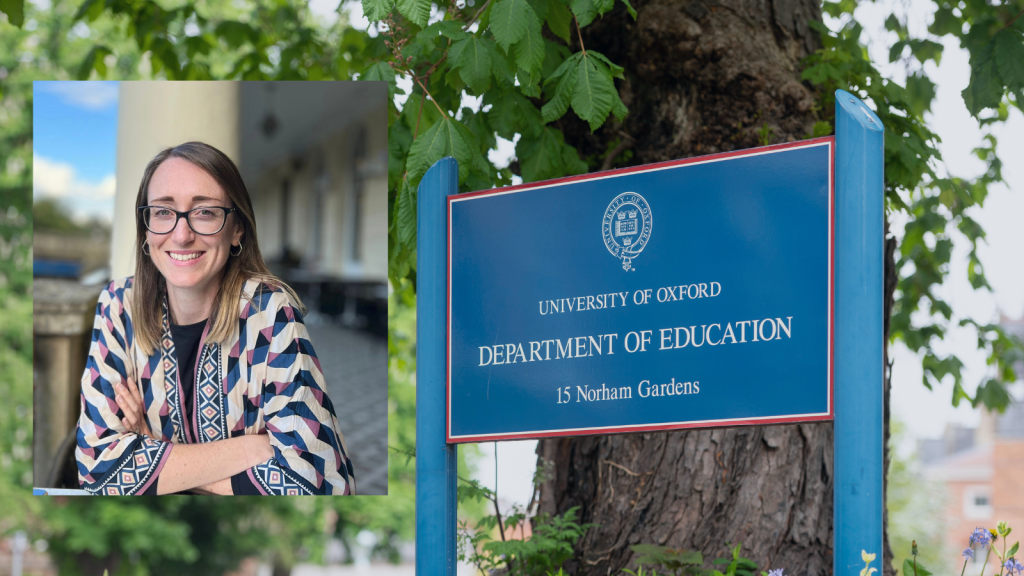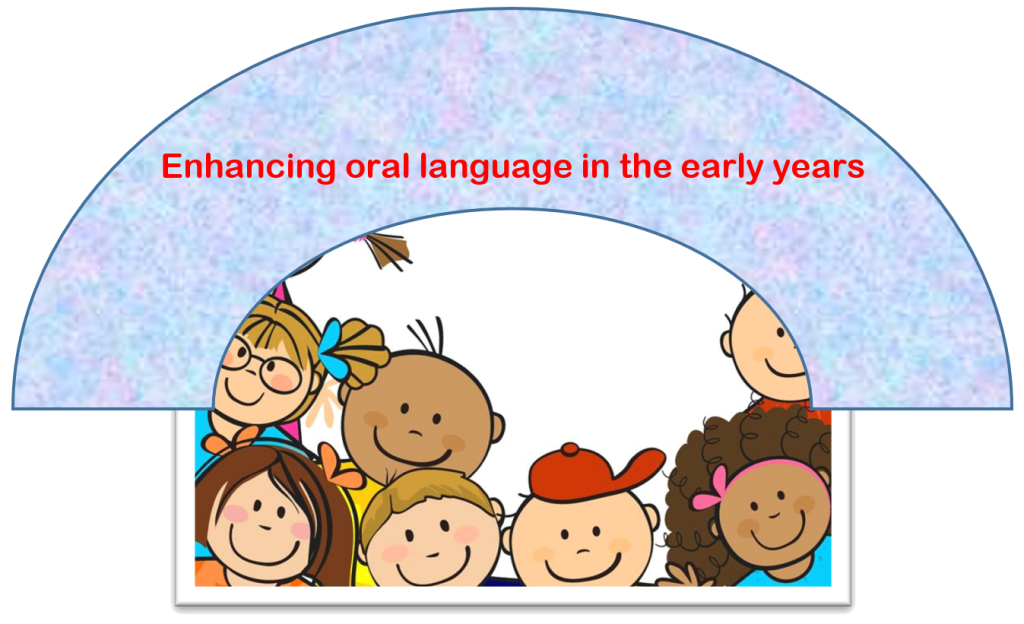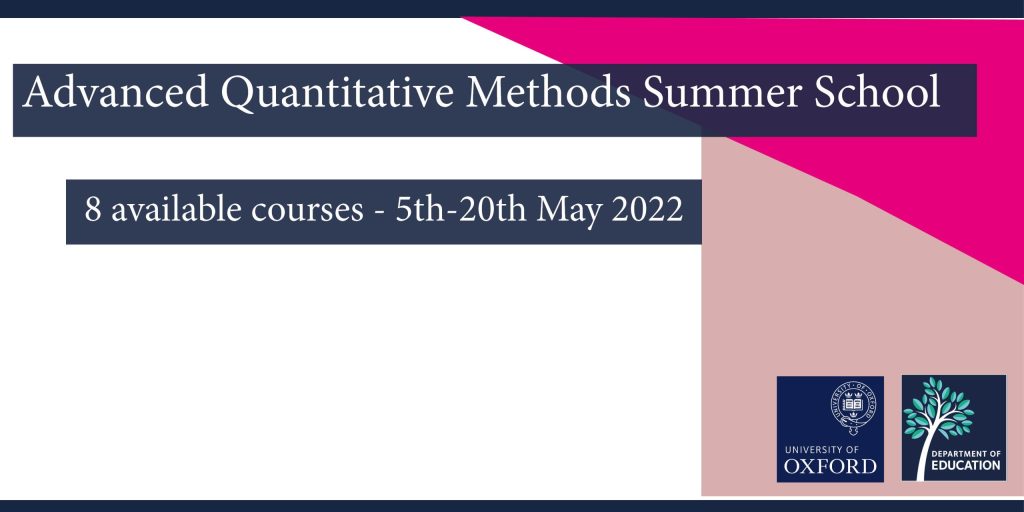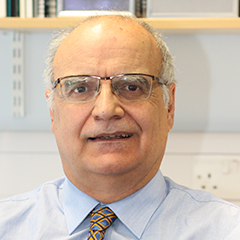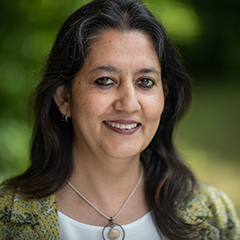The Project
This project is interested in the links between body and mind in educational contexts in real-time. It is also interested in the situation-specific perceptions, beliefs and behaviours students and teachers have, and how these change from one situation to another, known as a “process perspective”.
Modern technology affords user-friendly and cost-efficient ways of collecting objective measures of biophysiology using unobtrusive wearable devices (e.g., heartrate monitors, accelerometers). Such ambulatory devices allow us extend existing laboratory-based into the real world.
Three meetings will be held over the next two years: on heart-rate and electrodermal activity in 9 Jan 2019 in Utrecht, NL, accelerometer (physical activity and rest) 6 June 2019 in Oxford, UK, and cortisal (stress) in winter 2019/20 (Jyväskylä, Finland, date T B C).
Each meeting invited presenters will cover both substantive and technical research questions:
- To what extent and in what ways does biophysiology predict learning experiences, or learning experiences predict biophysiological reactions, or both?
- To what degree can biophysiological measures serve as valid indicators for learning processes?
- How do we collect, manage, process and analyze biophysiological data to link with learning experience data and optimally inform educational processes?
- What different statistical methods we can use for analysis that each informs distinct aspects of educational learning processes?
Other external project members include: Tim Mainhard (Utrecht University, The Netherlands), Eija Pakarinen (Univeristy of Jyväskylä, Finland), Lucia Mason, Sara Scrimin (Univeristy of Padova, Italy), Andrew Martin, Joel Pearson (University of New South Wales, Australia)







